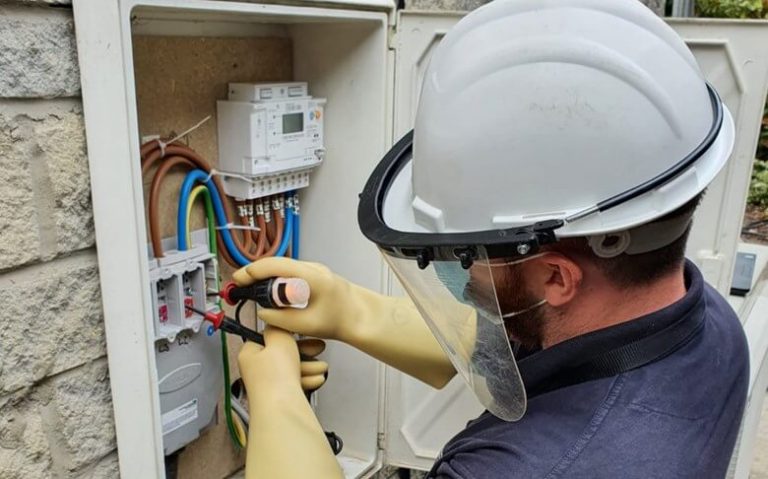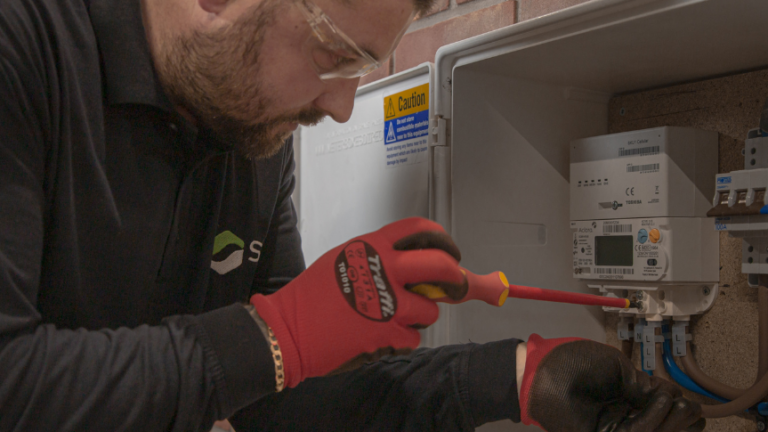NHS looks to smart meters for help with dementia and mental health patients

A major NHS trial to assess how smart meters could help people manage long-term health conditions is due to kick off this year, following initial research which found energy data could be used to help monitor dementia and mental health patients.
Ongoing research conducted by computer scientists at Liverpool John Moores University has examined how information on the use of energy collected by smart home meter devices can be interpreted by artificial intelligence algorithms and intelligent machines to monitor patients in their home environment and ensure that they are safe.
The study included an initial six-month observation test in 2017 to see if their technology could learn and adapt, potentially allowing for an accurate detection of when a particular appliance is turned off or left on for too long.
The technology is on top of a consumer access device that mates with a smart home meter and, with permission, ensures that relevant data on the person’s energy use are recorded every 10 seconds, according to the researchers.
Now, a larger trial of 50 patients has been launched this year by the University and Mersey Care NHS Foundation Trust in order to further test the technology, comparing cognitive assessments with the way patients use energy and appliances in their homes to see if it matches up.
The hope is that through the automatic learning the medical teams will be able to identify “fallout indicators”, for example when a patient does not get up to turn on the kettle in the morning or stays in bed longer than usual for three consecutive days, the researchers explained. Tests and applications of the technology may in future see a patient’s assistants notified whenever unusual behaviour is detected through technology, potentially using a traffic light alarm system.
The research was highlighted by the British government to demonstrate a potential health benefit added by the installation of smart meters, currently being implemented across the UK to encourage more efficient use of energy and lay the foundations for a modern, more sustainable energy system.
In a statement, the Department of Business, Energy and Industry Strategy (BEIS) said that being able to monitor a patient at home with their consent “demonstrates how the innovative technologies enabled by smart meters can improve many aspects of our life, not just our energy consumption”.
“This type of technology has the potential to change someone’s quality of life and the lives of their families, for the better by helping patients with long-term conditions stay home and remain independent for longer,” said BEIS.
Robert Cheesewright, Corporate Affairs Director at Smart Energy GB, added: “Dementia impacts all of our lives. So it’s great news the NHS can use smart meters to improve care for people living with dementia, allowing more people to stay in their homes.
“If we all get smart meters the NHS will have a low-cost tool at its fingertips to improve all of our lives.”


